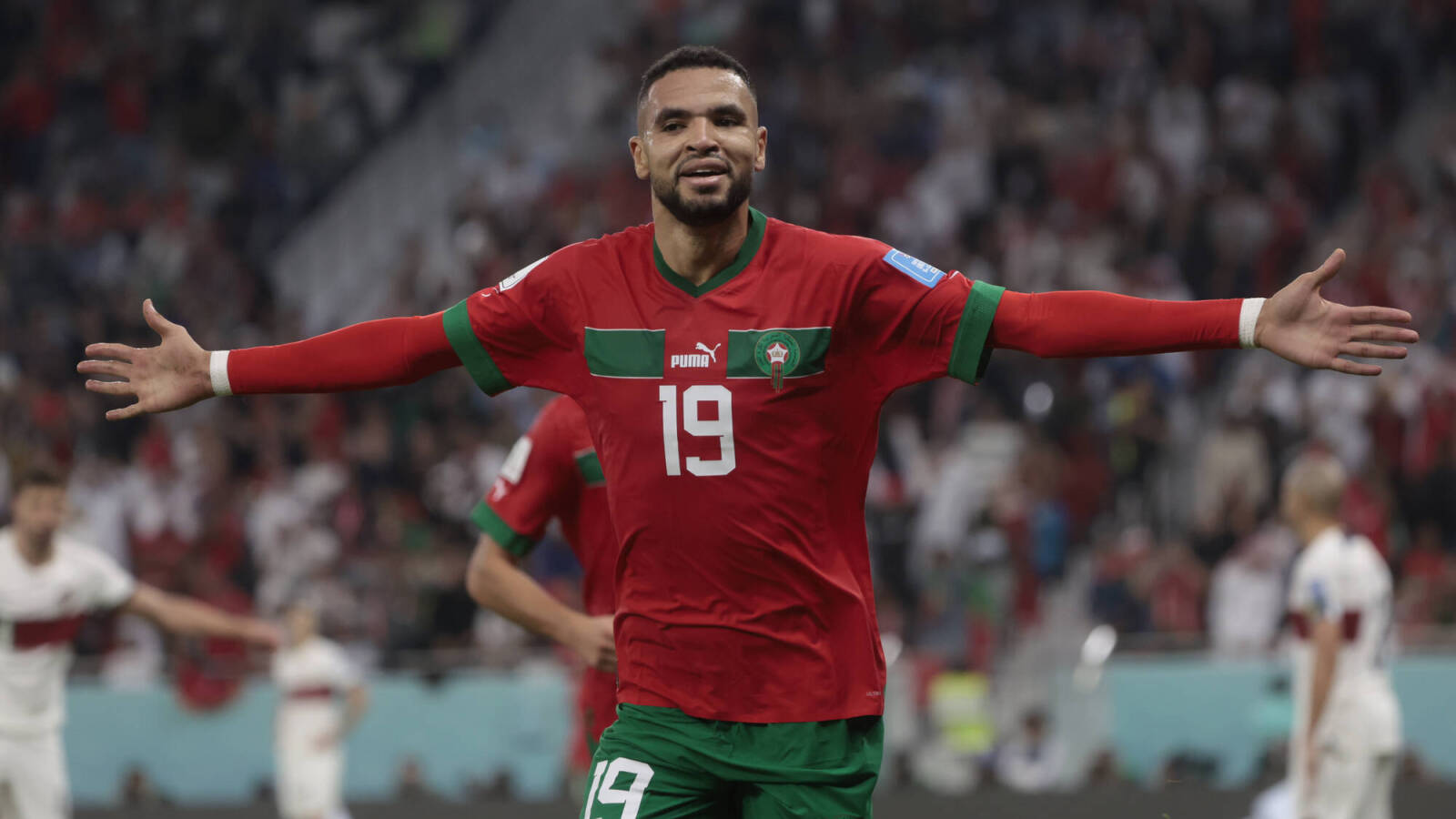Since the first World Cup in 1930, South American and European countries have dominated. No tournament winner or runner-up has come from any other continent.
But the 2022 World Cup in Qatar has demonstrated that non-traditional powers from other continents are upsetting that balance of power.
ESPN soccer commentator Ian Darke, an Englishman, said it’s “good for the game.”
Three of the semifinalists in the 32-team World Cup are familiar. France, Argentina and Croatia are regulars in the tournament’s later stages. But the other semifinalist, Morocco, is the first African team to reach the semifinals.
The group stages in Qatar produced several stunning upsets. Saudi Arabia, a southwestern Asian country, beat Argentina. Tunisia, located in northern Africa, beat France.
Asian teams also pulled off upsets, with Japan beating Germany and Spain, South Korea upsetting Portugal, and Cameroon defeating Brazil.
Morocco’s path to the semifinals included wins over perennial powers Belgium, Portugal and Spain (by penalty kicks).
The 2022 tournament marks the first time since adoption of the current format in 1986 that six non-European or non-South American teams reached the knockout stage.
The thrust of Qatar’s bid, aided by massive bribery, centered on getting the World Cup on Middle Eastern soil for the first time. In recent years, the game has grown significantly in that region.
The 1994 tournament held in the United States was the first Cup held outside Europe or South America. Since then, the tournament has also been played in Japan/South Korea (2002) and South Africa (2010).
Soccer has long been dubbed the world’s game, the planet’s most popular sport. It’s just now starting to look that way.



